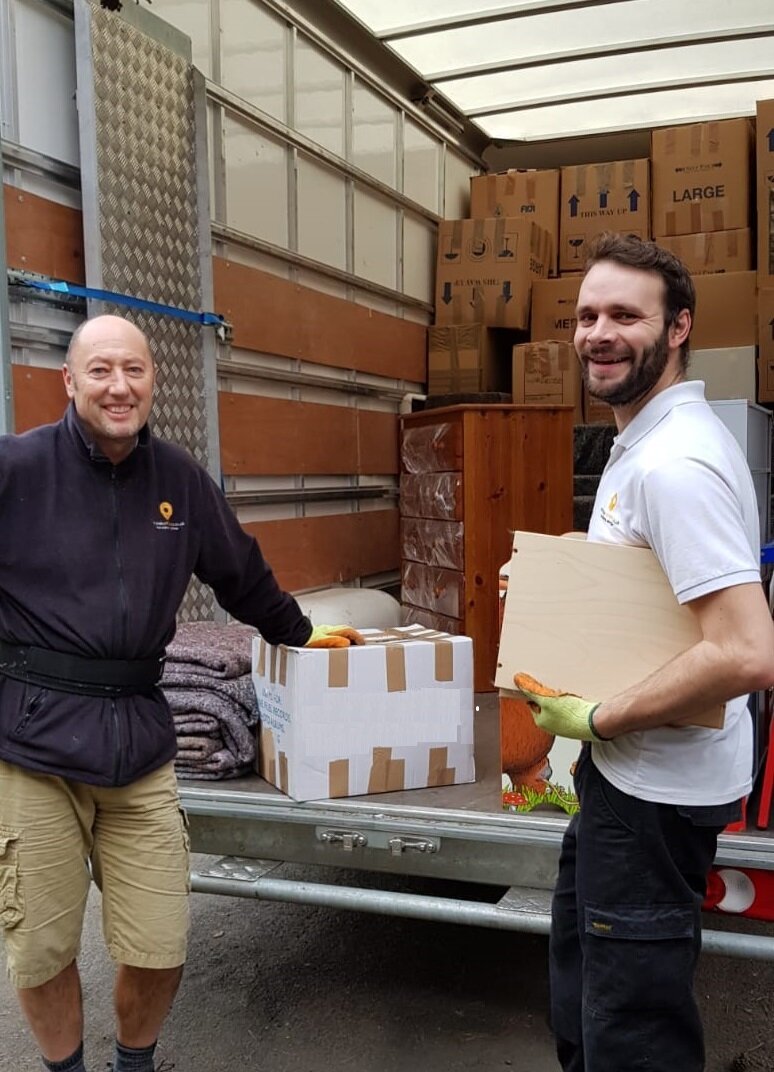Your important moving documents checklist
There is a lot to organise when you move home. One priority will be finding the best removals company in Bournemouth.
Then you can turn your attention to packing. At this stage, you’re likely to focus on how you’re going to fit all of your possessions into the various boxes. Use our full packing service and let us help you solve that problem. One element of packing that it’s essential for you to focus on, but that’s easy to overlook, is your important documents.
Picture the scene. Our removal team have done their work. All of your furniture and belongings are safely in your new home and now you have the job of unpacking the boxes and getting everything in order.
A few days later, you realise that you need your passport, driving licence or birth certificate. But which box did you pack them in? Are they even packed together? We’ve all put important documents like these in a ‘safe place’ before, only to forget where that safe place was.
Storing all of your important documents together is certainly advisable. Making sure you know exactly where they’re stored is also essential.
Our professional movers would always recommend packing these documents yourself, and transporting them to your new home with your other essential items.
So, what should be on your important documents checklist? According to My Home Move Conveyancing, there are several documents you should keep together because you’re likely to want them in the days or weeks leading up to and following your move. These include:
● ID - that’s your passport, driving licence and birth certificate
● Banking documents - anything relating to your bank account
● Home insurance documents - for both the property you’re moving out of and the one you’re moving into
● Conveyancing documents - essentially this is all the paperwork relating to your move if you’re buying/selling a property
● Rental documents - this can include your tenancy agreements, as well as the inventory for the home you’re vacating
● Car insurance documents
● Final utility bills - make sure you settle all of your utility accounts when you move out and that you notify your provider that you’re moving.
There is a lot to do when you move home, but one job that you shouldn’t forget is updating your address with all the relevant authorities and companies. Good Housekeeping shared research from the National Landlords Association and Royal Mail, which revealed that one in ten landlords have found sensitive information in their properties after tenants moved out.
In some cases, this is because the tenants didn’t update their bank with their new address, so statements were still sent to their old address.
While it can seem like a daunting task, updating your personal details in all the relevant places is essential to prevent fraud.
To make the process more manageable, make a list of all the organisations that you will need to notify about your change of address and prioritise them. This list may include:
● Bank / building society / credit card provider(s)
● Local council
● TV licensing
● Utility providers
● Broadband provider
● Mobile phone provider
● Doctor
● Dentist
● Employer
● Insurance providers
● DVLA
To give yourself some additional time to notify all the relevant people, it can be worth setting up a Royal Mail redirect for a month after you move. That way, you will still receive any post that would otherwise go to your old address and you have a bit more time to work through the list.
At Removals Unlimited, we can handle the packing and manage the physical side of moving day for you, freeing you up to concentrate on these other essential jobs. Contact us for a free, no obligation quote for your move.

